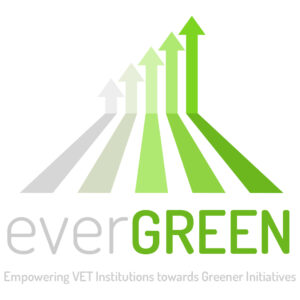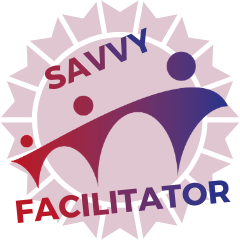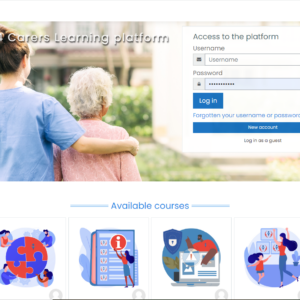Description
Moving away from a disciplinary approach, RECTEC offers
a global approach in which the skills to be acquired are linked to
certification standards or to the qualifications expected for the job in
question, and even directly to recruitment. In the professional training and
certifications field, matching the competency reference guide with professional
standards and certification criteria guarantees the validity of the transversal
skills assessment and leads to clarifying and specifying professional
situations and activities.
The training is based on the Rectec competency
reference guide that can be common to the whole system of actors working in the
professional training and integration fields. Its graded skill proficiency
scales allow us to acknowledge partially mastered skills and to identify those
to be developed to reach EQF’s level.
The previous skills of the people we support are
recognized, valued, identified and mobilized.
European Dimension
The RECTEC approach has been developed by a consortium
of 17 EU partners and tested by a vast number of European organisations (in the
field of prequalification, vocational training, education, human resources,
guidance…).
The RECTEC approach and tools are labelled best
practice by the European Commission and the European Agenda for Adult Education
(France).
Additional Documents
Download
Tentative Program & Schedule
®
Theorical
contents and case studies
Day 1: Adopting the Rectec approach and tools
o
Find your way around the
RECTEC map, identifying its 3 poles: reflexive, communicative and
organizational.
o
Familiarize yourself with
the RECTEC skills gradation levels.
o
Identify the principles
of the Graduated Transversal Competencies approach
o
Understand the
progression indicators
o
Identify the positioning
process
o
Experiment with the
approach by assessing several skills in situation on the RECTEC map
Day 2: The fundamentals of assessment in the graduated
skills approach
o
Understanding the
assessment approach
o
Linking
skills to a profession/sector/professional certification
o Identify the steps involved in engineering an
assessment within the Graduated Transversal Competencies approach.
Expected Outcome
- Strengthening the professional practices in
assessment, guidance and training engineering
- To be able to highlight personal and professional
achievements in relation to target skills (success-based teaching) by
encouraging self-assessment.
- To be able to create the necessary positioning tools
via initial, intermediate and final assessments (interviews, role-playing,
on-the-job training, for example)
- To share a continuum of reference points between the stakeholders:
trainers (including from different systems or organizations, particularly
within the framework of partnerships), job referents (tutoring, mentoring) and
beneficiaries, to ensure the coherence of each course (agile training, seamless
courses).
Certification
Participation certificate
About Bordeaux
Bordeaux is a city in the Gironde department of France. It is on the Garonne River near the Atlantic Ocean. About 1,150,000 people live in the area around the city. Bordeaux has a temperate oceanic climate (Cfb in the Koeppen climate classification). It is famous for wines made in the region near the city. Bordeaux is also famous for its art.
Source: Wikipedia
This file is licensed under the Creative Commons Attribution-Share Alike 3.0 Unported, 2.5 Generic, 2.0 Generic and 1.0 Generic license.
Author: En-bateau, image replacement by Alchemica (talk)
Venue address
TBD
TBD Bordeaux
France
INSUP FORMATION
Address
37 rue Labottière 33000 Bordeaux France
Website URL
http://www.insup.org
Contact persons
Gisèle Massol
info@insup.org






